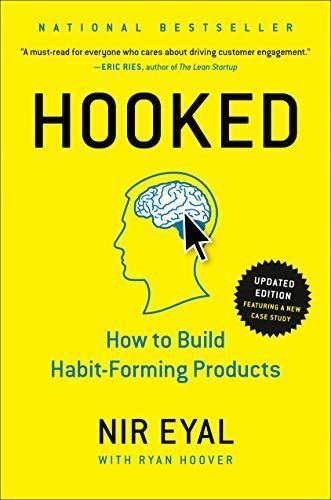
Reviews
Jackie Zhang@jackiez
Kelly Kim@kellykim
Lewis Ngugi@ngeshlew
Aamna@aamnakhan
Danielle Rose@dancaban
Ós@ocordova
Felipe Saldarriaga @felipesaldata
Angelica Echeverry@anma
Arturo Hernández@artthh
S@benhur
Ketan Nayak@ketan
Nour sabrine@thebonsaibook
Ahmed Salem@salem309
Nelson Zagalo@nzagalo
Kyle McCormick@kylepharmd
Julia R@rajsaam
Lance Willett@lancewillett
Abhijeet Wankhade@abhijeet
Adam@adam
Victoria Simansjah@vicky
Anna Pinto@ladyars
Frank Meeuwsen@frank
Xi Hui Teo@xiface
Ezgi Hatipoğlu@ezgihtpglu
Highlights
katay@katay
Page 10